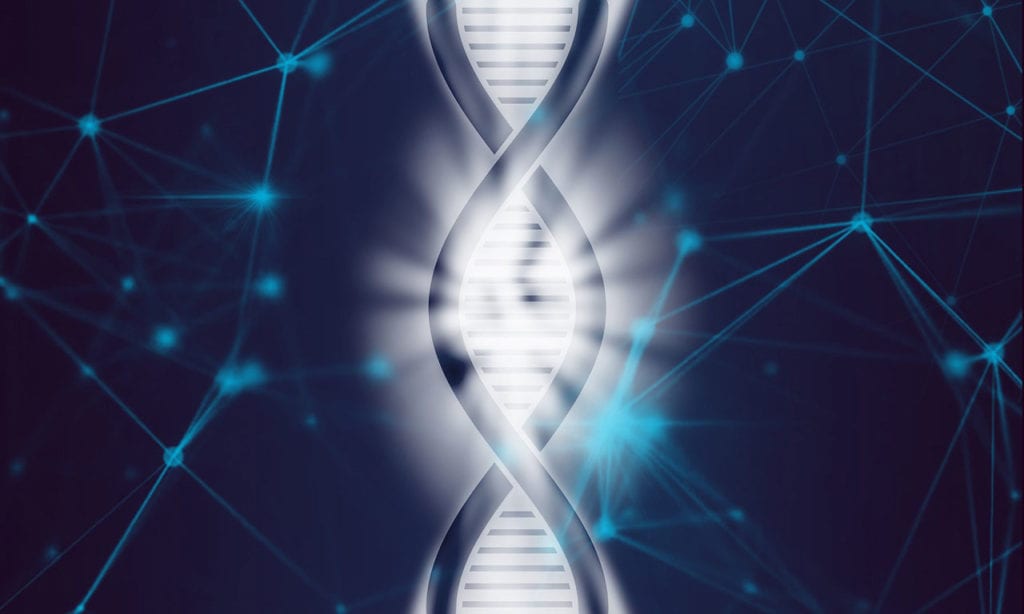Huntington’s Disease & SCAs
Huntington’s disease (HD) and spinocerebellar ataxia (SCA) are both neurodegenerative diseases caused by the same type of error in the body’s DNA. Essentially, the CAG or cytosine, adenine, and guanine, portions of DNA repeat more than normal. This segment of DNA is called a CAG trinucleotide repeat. In HD, the HTT gene is the one mutated. In SCA it is the ATXN1 gene.
In a healthy individual, the CAG segment is repeated 10-35 times in the HTT gene. In someone with HD, it is repeated 36 to over 120 times. Similarly, in a healthy person the ATXN1 gene has 4-39 copies of the CAG segment. In someone with SCA, the segment is repeated 40 to over 80 times.
CAG repeats are a factor of 8 total genetic diseases including HD and SCA.
Dystrogen Therapeutics has been working on a new gene therapy which can selectively silence only the mutated protein in these conditions.
New Findings
This gene therapy is unique because researchers have found that this therapy can silence the mutated genes while leaving the healthy ones undisturbed. To accomplish this, the company utilizes RNAi like other companies but uses a different stage of silencing. In particular, they believe this characteristic will make the therapy a good option for the pediatric patient population. It will allow, for instance, the healthy huntingtin proteins to continue their normal development and function while at the same time silencing the ones that are impaired.
Additionally, its silencing effects are long acting whereas most previous RNAi approaches in HD have only been able to silence the gene for a short amount of time. Researchers describe this as a “significant advantage” of their new approach.
Dystrogen has high hopes for this new development, believing it could effectively delay the debilitating neurodegenerative symptoms that these patient populations experience.
These novel findings will be presented at two upcoming conferences. These will include the 24th Annual Meeting of the RNA Society, which will be held June 11th through 16th in Krakow, Poland; and the 44th FEBS Congress which will take place July 6th through 11th also in Krakow.
You can read more about this new therapy here.








